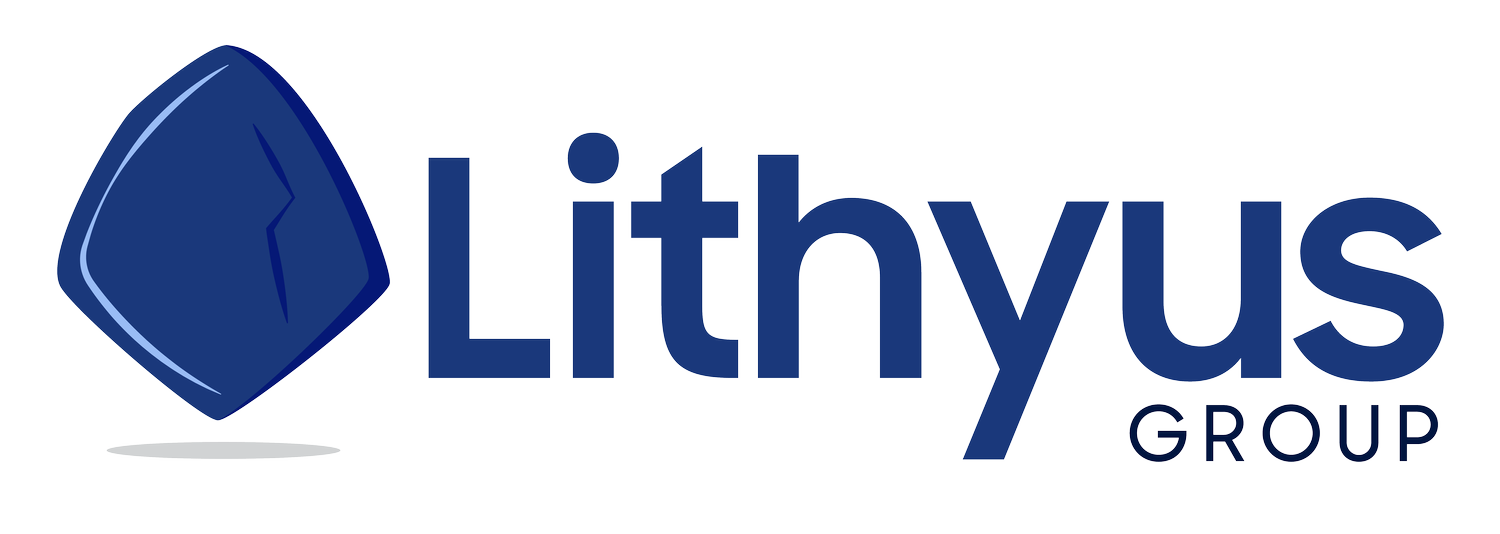Get a Two-Week Notice? Here’s What To Do
This week, we're writing about the dreaded "two-week notice" of resignation and how to respond effectively. We discussed this a few weeks ago when discussing why Exit Interviews aren't the right medium to capture institutional knowledge. Now we're diving deeper. In this post:
The Trust Equation and how resignation alters Trust instantaneously
The opportunity to set the stage for future knowledge transfer
Three strategies for making the most of the Two Weeks notice period
The Trust Equation and how resignation alters Trust instantaneously
We're big fans of the Trust Equation concept from David Maister's book The Trusted Advisor. In short, Credibility (knowing a subject), Reliability (delivering consistently), and Intimacy (knowing the other person) build Trust. However, a high degree of Self-Orientation (what's in it for me?) undermines those positives, reducing Trust.
Regardless of how you felt about someone before their resignation, the act of resigning damages Trust immediately. They will no longer be Reliable within your team because they won't be present.
They have been keeping their intention to leave you (damaging Intimacy), and they have prioritized their individual goals over those of the team (demonstrating high Self-Orientation). To be clear, we're not passing judgment on resignations - we're noting that they inherently damage Trust. Leaders must acknowledge this fact and take action to get the most out of the final two weeks.
The opportunity to set the stage for future knowledge transfer
If you recognize that three of the four variables in the Trust equation have been shaken by a resignation - even in the best of circumstances - then focusing on the remaining variable, Credibility, makes sense. Take stock of the person's knowledge and skills. The manager can begin thinking about training others (or, ideally, updating an existing Role Assessment or Succession Plan with new information).
What institutional knowledge do they possess that will be leaving soon?
Who do they feel has sufficient knowledge to perform their tasks temporarily or permanently?
What valuable activities do they perform that are not described in their job description?
There should be time for introspection and asking why someone is leaving. Human Resources partners can be particularly helpful in this area via Exit Interviews. If the manager has focused on tasks and skills, HR's engagement can focus on the organizational and cultural lessons to be learned.
Three strategies for making the most of the Two Weeks' Notice period
We recommend that you employ three specific strategies when a key employee resigns to make the most of their remaining time. These are particularly important if you do not have a Role Assessment in place as part of your succession plans. Click the links to be taken to detailed outlines.
The 5 focused meetings a manager should schedule immediately (includes agendas)
Involving colleagues in the process of building Trust
Planning an "Admiration Session"
See this resources page for meeting agendas, outlines, and talking points.
